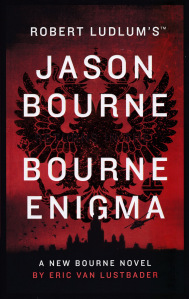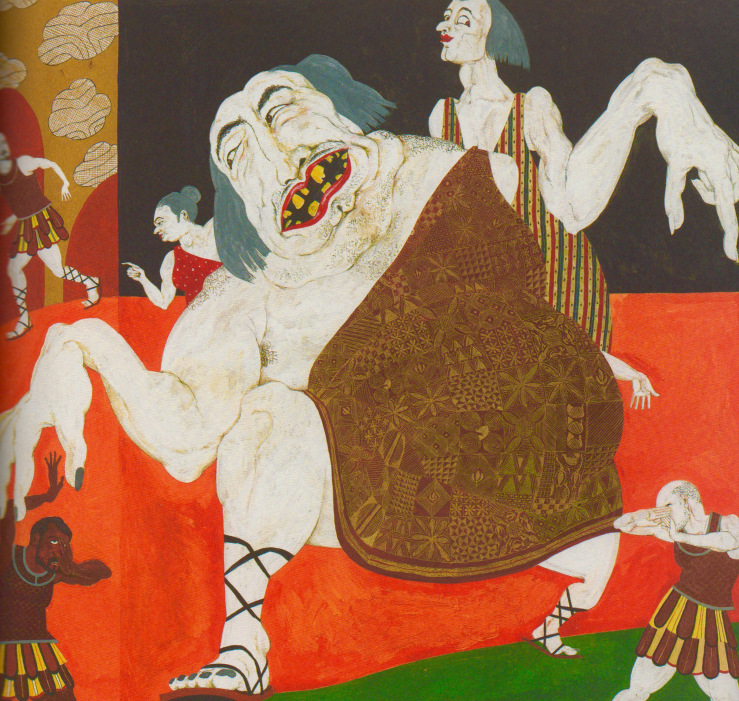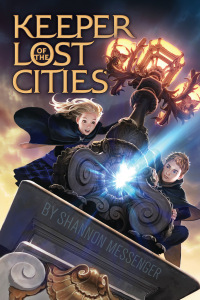By Leslie Lindsay
I recently had the opportunity to read this very poignant story by veteran author, Elizabeth Berg.
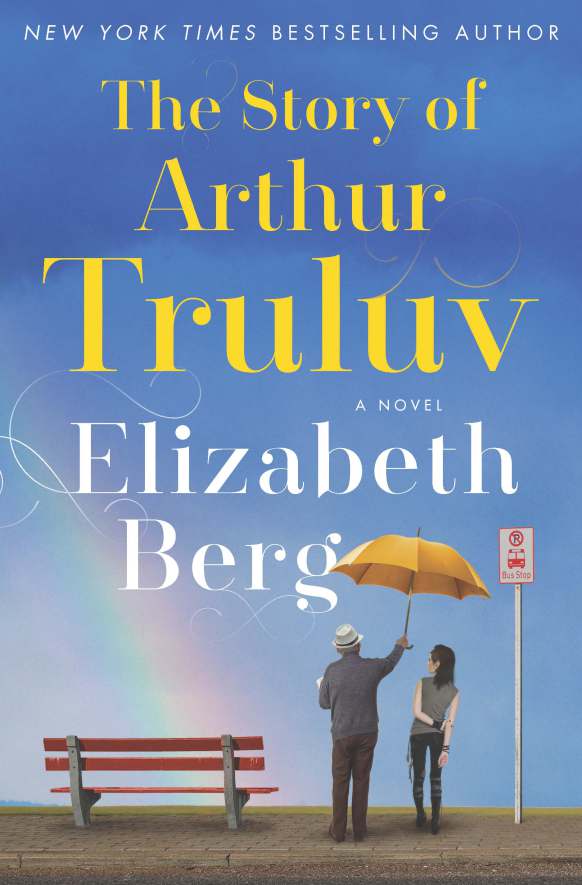
THE STORY OF ARTHUR TRULUV is thought-provoking, endearing, and oh-so-sweet. In fact, I woke up at 2:30 in the morning just to finish! Click here to read my review on GoodReads. Serioulsy, this is a book for anyone and everyone; I was so thrilled Random House sent me a copy.
“Truluv is a novel for these contentious times. We could all use a bit of Arthur’s ego-free understanding and forgiveness of fellow human beings.”
—USA Today
Today, I have a lovely guest piece from Elizabeth, about the busyness of the holiday season, about holiday cards, and trying to out-do our mothers. I’m pretty sure you’ll find truth and humor and nostalgia all wrapped up in this one. Enjoy!
THE YEAR I RUINED CHRISTMAS
by Elizabeth Berg
As a child, I saw my mother prepare for Christmas every year, and it never occurred to me that labor was involved. I thought it was my mother’s joy and privilege to hang tinsel on the tree strand by strand, to make sure that every room in the house had a touch of Christmas, down to the Santa-themed rug and hand towels in the bathroom. She would sit at a card table night after night to carefully and
creatively wrap gifts, she baked hundreds of Christmas cookies, hand-wrote messages on Christmas cards that went near and far, and she planned, shopped for and served a Christmas dinner that was nearly unbearably delicious: turkey, stuffing, ham, green bean bake, sweet potatoes, mashed potatoes, reception salad, cucumbers in sour cream, rolls and butter, and cranberry sauce that in later years, courtesy of Susan Stamford, got fancied up. I always wanted to drink the gravy my mom made right out of the boat. (And if there was any left after dinner, I did exactly that. And then I used a Parkerhouse roll to scrape up out any remains.) For dessert, there were homemade pies and Christmas cookies and chocolates you could pluck out of the king-sized box of Whitman’s that my parents bought every year. Oh, that messenger boy!
When I grew up, I realized the truth. My mother prepared for the holidays joyfully, but she also labored mightily. Still, when she was well up into her eighties, she continued doing it. Oh, she lightened her load a little bit: she prepared certain dishes the day ahead, and guests brought some side dishes that she always used to make. But she still did the bulk of the labor, including laying a tablecloth beneath the elegantly set wedding china that was older than I and guess how many stains were on it? Zero, that’s how many, because all her life, up until the day she went into the hospital for the last time, my mother was a laundress extraordinaire. If there were a category in the Olympics for laundry, my mother would have been a gold-medal winner. Year after year after year, my mother prepared and served and helped clean up after huge holiday dinners. And the woman did not even have a dishwasher until she was 89 years old, when she moved into an apartment for independent living, where, ironically, she finally stopped hosting holiday dinners.
It was after she had moved into independent living that we were on the phone one day when Christmas was a few weeks away, and she told me how much she missed getting Christmas cards. “Nobody sends them anymore,” she told me. “Or if they do, they send emails or those pre-printed photographs, and that’s not the same.”
She was right. It wasn’t the same as getting all those envelopes in your mailbox, and opening them to find all those different, often glittery images, all those verses written in the card as well as a handwritten note—or even a multi-page letter!– from the person who’d sent it to you. When you got those cards, you understood that this was from someone you knew, who knew you. My mom used to keep all her Christmas cards in a basket bedecked with red ribbon, and I used to love to look at them all, and read all the letters. All those people, still keeping in touch. I even liked reading the letters from people I didn’t know, because it was an honest and reassuring peek into
someone else’s life. But by the time my mom reached her 90s, many of the people who used to send her cards had died. And the people who were left mostly didn’t send cards anymore. I always sent my mom the most beautiful card I could find, and she displayed it like it was a Van Gogh. My sister and brother sent her beautiful cards, too. But that was about it.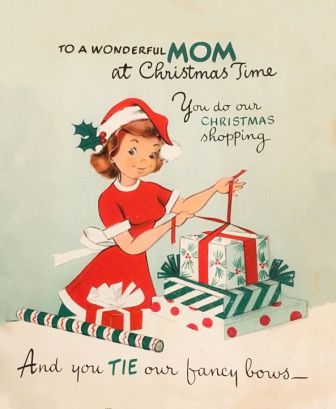
So that Christmas, her last Christmas, as it turned out, I got an idea. I asked everyone on Facebook to send my mom a “real” Christmas card. I thought she might even get one hundred or so, and wouldn’t that be fun? I told my sister, who lives in Minnesota where my Mom lived, and we decided to keep it a secret from my mother.
Several days after I made the request, my mom called me and said, “You know what? I got six Christmas cards in the mail today, and are they ever pretty, and I don’t even know these people!”
“Oh, really?” I said, and even though we were on the phone, I fought to disguise my smile.
Well.
By time the experiment was finished, my mom had gotten well over 1,200 cards. My sister had to start opening the envelopes for my mom because it wore my mom’s hands out, slicing open so many envelopes. The cards were arriving in those big plastic mail bins and were delivered straight to her door, since there was no way they’d fit in her mailbox. They came from all over the U.S. and from a few places outside the U.S. And not only did the people send cards, they sent notes along with them: Stories. Memories. Good wishes. Compliments to my mother for being a good writer—after the cards first started coming, she wrote a thank you letter that she asked me to post on Facebook and so, for the first time, she was both was on-line and published. (She had always had a dream of being a published writer. In fact, when I became a writer, my father told me, “You got HER job!”) My mother became a minor celebrity in her building. There was a story done about her in the St. Paul Pioneer Press.
I still have one of those cards that my mom kept with her when she went into hospice. It features three angels shown in a kind of 3-D way. In dim light, you’d swear they were real, and floating in the air for the sake of your consolation. After my mom died, I put the card face out on a bookshelf and if I’m having a bad day, I sit and look at it.
So. When the first Christmas without my mom came around, I felt I needed to do something really special. I invited my out-of-town daughter and her husband and three children to spend the holiday with me. Also, I invited my son-in-law’s mother. With my other, nearby daughter and her husband and my partner Bill and me, it would be a full house. I was thrilled. I wanted to recreate all the things my mother used to do. And I intended for everything to be perfect, just as it was when she did it. I suppose I was hoping to bring her back, at least in some way.
I decorated the house. Each room had something: mini Christmas trees or snow globes or whimsical things like dogs dressed as angels. By the fireplace was a big basket holding Christmas-themed books for both children and adults, and in the TV room, I lined up all the Christmas movies, including my favorite, “A Christmas Story,” which I could hardly wait for us all to watch together. I bought tickets to the Joffrey’s “The Nutcracker” so that I could take my three grandchildren to it and we could all thrill to it snowing on stage.
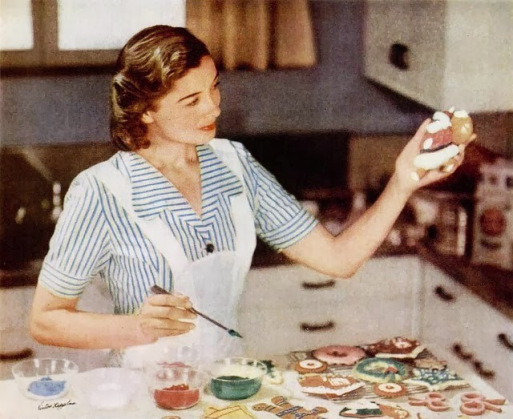
I wanted to make all the food on Christmas Day, so that it would be as fresh as possible. The pies—all homemade, of course, including the crust—would be made in the early morning. (Maybe it would snow! I thought. Maybe I would be rolling out dough while everyone was upstairs sleeping, and huge, lacy flakes would be beautifully drifting and Christmas music would be softly playing and when people got up the coffee would be ready and they’d sit at the table in their pajamas and say, “Ohhhh, something smells so good!”)
I decided I wouldn’t make the white bread and the cornbread that would be used for stuffing, and I would buy dinner rolls, that was my only concession. Otherwise, everything would be made from scratch. (My son-in-law’s mom once joked, “When you cook, you make the hydrogen and the oxygen for the water you use.”) I figured I would cook my brains out all day and the others could amuse themselves in any way that they wanted: playing games, talking, taking walks in the neighborhood, going downtown, maybe reading together from the big pile of Christmas books.
You see where this is going, no doubt. You know what happens when your expectations are as high as the moon.
Things did not go well. People kind of didn’t know what to do. When my sweet granddaughter came in the kitchen and said she wanted to make a pie of her own, I did not delight in this but instead thought, NO NO NO, I don’t have TIME! She made her little pie, but everything about the experience was off. There was no joy in Mudville.
At one point, when everything was prepared and the turkey was roasting in the oven, I realized how exhausted I was. I truly felt like I was going to keel over. I told my partner I was going to go upstairs and take a nap. And that’s what I did. With a houseful of people whom I loved and had invited to spend Christmas with me, I went upstairs to my bedroom and went to sleep. It was like throwing a party, opening the door to the guests and saying, “What the hell are you doing here?”
I will say the food was great. And I will say things marginally improved when my grandchildren and I decided to write a play (The Ugliest Cat at the Shelter) and perform it to an admittedly biased audience of a few relatives who applauded it heartily.

After my guests left, I did a post-mortem, and I realized a few things. I am not my mother, and I am not honor-bound to try to do all the things she did in the way that she did them. I don’t have the stamina or the patience or the foresight or the skill or even the desire. I am now and forever the one who gets tired easily, who becomes overwhelmed by too many people in the house or too many things to do. And I can’t get stains out of anything, not even with OxiClean.
No, I am not my mother. I am deeply, endlessly grateful for what she did and who she was, but I am a different kind of person. And as appreciative as she was of tradition, I think she would be the first to say, “For heaven’s sake, you don’t have to do what I did!”
There is one way I tried to be like her that I don’t regret, though, and that is in trying to bring back the idea of handwritten cards. And I am happy to say that that idea took root in other ways, too. After the experience with my mother, one Facebook friend asked that cards be sent to honor her parent’s 75th wedding anniversary; one inspired people to send beautiful cards to nursing homes, to be given to people who rarely if ever got mail. It reminded me of what Christmas is supposed to be about. Good Will. Kindness. Sharing. Wonder. Spontaneity. Generosity. Small but meaningful things that take root in the heart, and blossom, and stay.
Incidentally, the year after the year I ruined Christmas, I went to my daughter’s house for Christmas. It was wonderful. I had such a good time I cried.
For more information, to connect with Elizabeth via social media, or to purchase a copy of THE STORY OF ARTHUR TRULUV, please see:- Website
- Amazon
- Barnes & Noble
- BAM!
- IndieBound
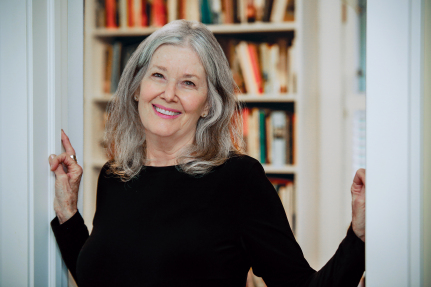 ABOUT THE AUTHOR: Elizabeth Berg is the author of many bestselling novels, including Open House (an Oprah’s Book Club selection), Talk Before Sleep, and The Year of Pleasures, as well as the short story collection The Day I Ate Whatever I Wanted. Durable Goods and Joy School were selected as ALA Best Books of the Year. She adapted The Pull of the Moon into a play that enjoyed sold-out performances in Chicago and Indianapolis. Berg’s work has been translated into twenty-seven languages, and three of her novels have been turned into television movies. She is the founder of Writing Matters, a quality reading series dedicated to serving author, audience, and community. She teaches one-day writing workshops and is a popular speaker at venues around the country. Some of her most popular Facebook postings have been collected in Make Someone Happy. She lives outside Chicago.”
ABOUT THE AUTHOR: Elizabeth Berg is the author of many bestselling novels, including Open House (an Oprah’s Book Club selection), Talk Before Sleep, and The Year of Pleasures, as well as the short story collection The Day I Ate Whatever I Wanted. Durable Goods and Joy School were selected as ALA Best Books of the Year. She adapted The Pull of the Moon into a play that enjoyed sold-out performances in Chicago and Indianapolis. Berg’s work has been translated into twenty-seven languages, and three of her novels have been turned into television movies. She is the founder of Writing Matters, a quality reading series dedicated to serving author, audience, and community. She teaches one-day writing workshops and is a popular speaker at venues around the country. Some of her most popular Facebook postings have been collected in Make Someone Happy. She lives outside Chicago.”
You can connect with me, Leslie Lindsay, via these sites:“Fans of Meg Wolitzer, Emma Straub, or [Elizabeth] Berg’s previous novels will appreciate the richly complex characters and clear prose. Redemptive without being maudlin, this story of two misfits lucky to have found one another will tug at readers’ heartstrings.”
— Booklist
- GoodReads
- Facebook: LeslieLindsayWriter
- Twitter: @LeslieLindsay1
- Email: leslie_lindsay@hotmail.com
- Amazon


[Cover, author image, and guest piece courtesy of Random House and used with permission. Image books from L.Lindsay’s archives. Image of woman with list from , woman decorating cookies is a 1948 General Mills ad and retrieved from, holiday card writing from,]
Share this:



